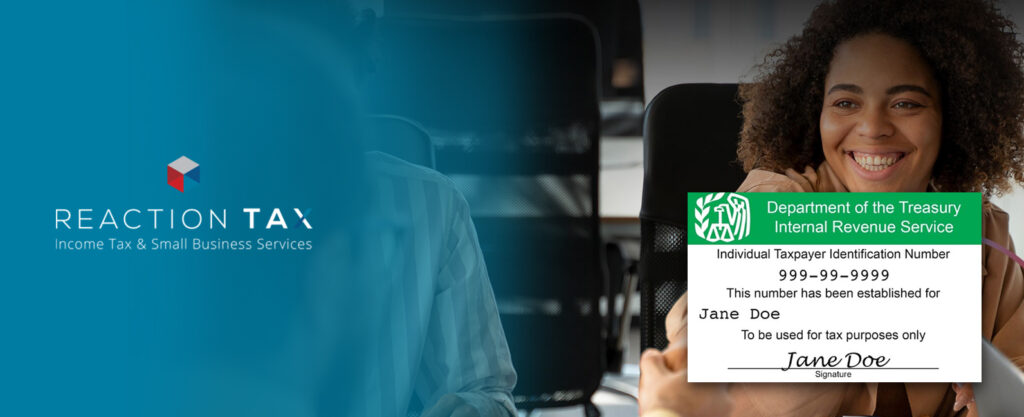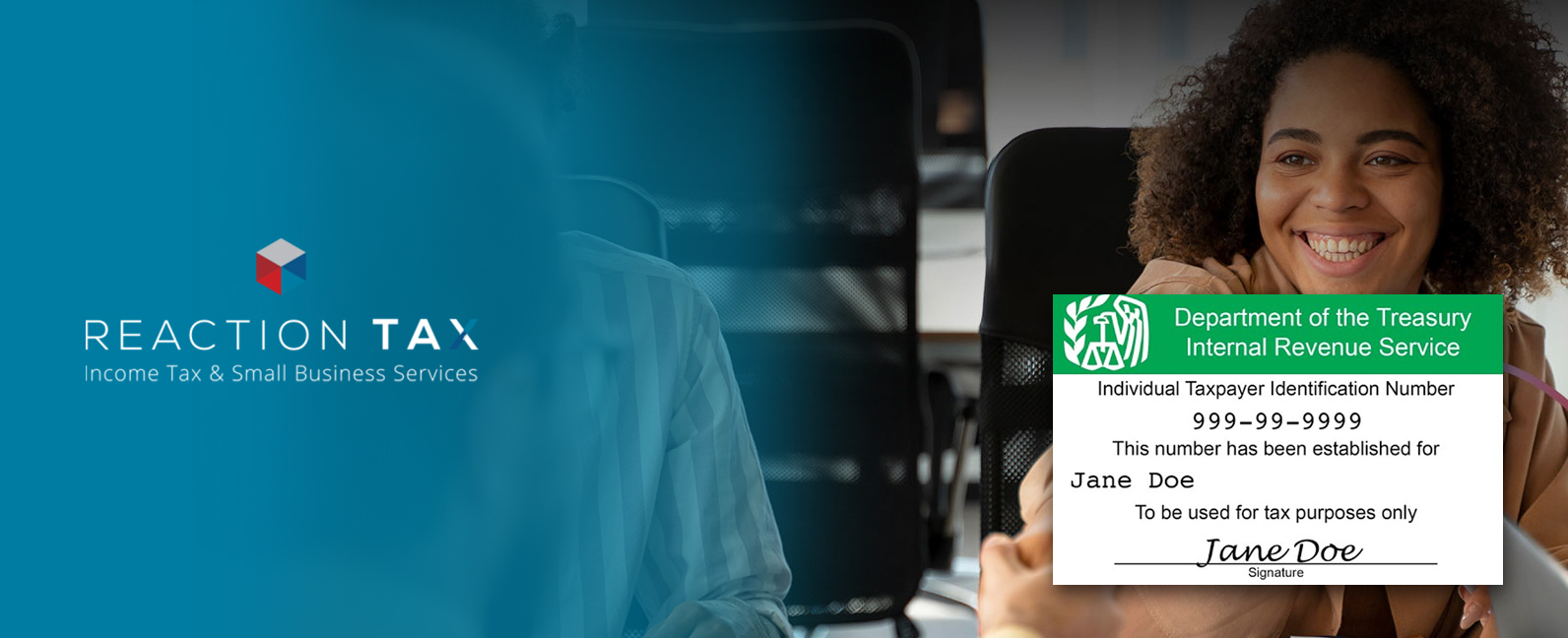Tax Problems? We can help you with our Tax Resolution service
Tax Problems? We can help you with our Tax Resolution service | Reaction Tax Resolution


Tax resolution is a process that helps taxpayers settle their tax debts with the Internal Revenue Service (IRS) and State Tax Agencies.
Taxpayers who have outstanding tax debts can choose to resolve their debts through different means, such as installment agreements, offer in compromise, penalty abatement, and currently not collectible status. The tax resolution process is complex, and it tends to vary depending on the taxpayer’s situation. In this article, we’ll explore the tax resolution process and its importance.
The tax resolution process can be initiated by the taxpayer, their tax representative, or by the tax authority. Taxpayers who notice that they cannot afford to pay their outstanding tax debts can choose to initiate the resolution process. The IRS or tax authority can also initiate the process through notices, liens, and levies. Once the process is initiated, the taxpayer and the IRS or tax authority can negotiate on the best solution to resolve the tax debt.
One of the tax resolution options available to taxpayers is the installment agreement. This option is suitable for taxpayers who cannot afford to pay their tax debts in full. Under the installment agreement, taxpayers can agree with the tax authority to pay their debts in monthly installments. The amount of the installment payments is determined by the taxpayer’s financial ability to pay and the outstanding tax debt.
Another tax resolution option is the offer in compromise. This option allows taxpayers to settle their tax debts for less than the full amount owed. The IRS or tax authority considers several factors such as the taxpayer’s outstanding debts, monthly expenses, and financial assets to determine the eligibility for an offer in compromise.
Penalty abatement is another tax resolution option. Taxpayers who incur penalties for failing to pay or file taxes can apply for penalty abatement. The IRS or tax authority can waive or reduce penalties if the taxpayer meets specific criteria such as reasonable cause, first-time penalty abatement, statutory exception, or administrative waiver.
Taxpayers can also qualify for a currently not collectible status. This status means that there is no requirement to pay the outstanding tax debt since the tax authority cannot collect the debt due to the taxpayer’s financial situation. The taxpayer must provide documentation to prove their financial inability to pay the debt. The tax authority may periodically review the taxpayer’s financial situation to determine whether they’re still eligible for the currently not collectible status.
The tax resolution process is essential for taxpayers who have outstanding tax debts. Tax resolution helps taxpayers avoid the negative consequences of unpaid taxes, such as tax liens and levies, seizure of assets, and damaged credit scores. Tax resolution allows taxpayers to negotiate with the tax authority for a reasonable payment plan, settlement, or reduction of tax debts. Tax resolution also provides a sense of relief and peace of mind for taxpayers who were previously stressed about their outstanding tax debts.
In conclusion, tax resolution is an essential process that helps taxpayers settle their tax debts with the IRS and State Tax Agencies. Taxpayers who have outstanding tax debts can choose to resolve their debts through options such as installment agreements, offer in compromise, penalty abatement, and currently not collectible status. The tax resolution process is complex, and taxpayers should seek professional help to navigate through the process successfully. Taxpayers who resolve their tax debts through tax resolution benefit by avoiding negative consequences such as tax liens, levies, seizure of assets, and damaged credit scores. Tax resolution also provides peace of mind and a sense of relief for taxpayers who were previously stressed about their outstanding tax debts.
Tax Problems? Issues with the IRS? Call us now! Click here to send us a message
You may have heard you cannot claim a home-office deduction without business income. That’s not accurate, as I explain below. Points to …
As you may know, the IRS requires that anyone claiming the 2020 employee retention credit (ERC) adjust their 2020 wages on their …
Have you established, or are you considering, a Section 529 savings plan for a child, grandchild, or other family member? Such plans …
Tax Problems? We can help you with our Tax Resolution service Read More »












